Soldering Wire Lead Roll 100gms in Pakistan
₨ 380.00
Best Soldering Wire Lead Roll 100gms in Pakistan
Choosing the best Soldering Wire Lead Roll 100gms in Pakistan requires careful consideration of factors such as composition, diameter, flux content, and brand reputation.
By understanding these factors and following the tips provided, you can make an informed decision and select a soldering wire lead roll that suits your specific needs.
Best Soldering Wire Lead Roll 100gms in Pakistan
Soldering wire lead rolls are an essential tool for any electronics enthusiast or professional. These rolls contain the soldering wire that is used to create strong and reliable connections between electronic components. In Pakistan, there are numerous options available when it comes to choosing the best Soldering Wire Lead Roll 100gms in Pakistan. This comprehensive guide will help you understand the importance of choosing the right soldering wire lead roll and provide valuable information on factors to consider, different types of soldering wire lead rolls, popular brands, where to buy, tips for using effectively, safety precautions, and proper storage.
Understanding the importance of choosing the right soldering wire lead roll
Choosing the right Soldering Wire Lead Roll 100gms is crucial for achieving high-quality soldering joints. The soldering wire acts as a medium to join two or more electronic components together. A good quality soldering wire lead roll ensures a strong and reliable connection that can withstand the test of time. On the other hand, using a low-quality soldering wire lead roll can result in weak connections that may break or fail under stress.
When selecting a soldering wire lead roll, it is important to consider factors such as the composition of the wire, its diameter, and its flux content. The composition of the wire determines its melting point and the strength of the joint it creates. The diameter of the wire affects the amount of heat required for soldering, and the flux content helps in cleaning the surface and improving solder flow. By understanding these factors, you can make an informed decision and choose the best soldering wire lead roll that suits your specific soldering needs.
Factors to consider when choosing soldering wire lead roll 100gms in Pakistan
There are several factors to consider when choosing a soldering wire lead roll in Pakistan. Firstly, the composition of the wire is important. The most common types of soldering wire are lead-based and lead-free. Lead-based soldering wire is widely used due to its low melting point and excellent conductivity. However, it is important to note that lead-based soldering wire should be used with caution due to its potential health hazards. On the other hand, lead-free soldering wire is a safer alternative but may require higher temperatures for soldering.
The diameter of the soldering wire is another important factor to consider. Thicker wires are suitable for heavy-duty applications, while thinner wires are preferred for delicate soldering tasks. Additionally, the flux content of the soldering wire should be taken into account. Flux helps in removing oxidation from the surface being soldered and improves the wetting ability of the solder. It is advisable to choose soldering wire with a sufficient flux content to ensure smooth and reliable soldering.
Lastly, it is important to consider the brand reputation and user reviews when selecting a soldering wire lead roll. Opting for a trusted brand ensures that you are getting a high-quality product that will meet your expectations. Reading user reviews and testimonials can provide valuable insights into the performance and reliability of different soldering wire lead rolls available in Pakistan.
Different types of soldering wire lead rolls and their uses
There are various types of Soldering Wire Lead Roll 100gms in Pakistan, each designed for specific applications.
Lead-based soldering wire: This type of soldering wire contains lead as its primary component. It is widely used in electronics due to its low melting point and excellent conductivity. Lead-based soldering wire is suitable for general soldering tasks and is especially effective for creating strong joints on circuit boards.
- Lead-free soldering wire: As the name suggests, this type of soldering wire does not contain lead. It is a safer alternative to lead-based soldering wire but requires higher temperatures for soldering. Lead-free soldering wire is commonly used in applications where the use of lead is restricted, such as in the automotive and aerospace industries.
- Flux-core soldering wire: Flux-core soldering wire contains a flux core inside the wire. This eliminates the need for applying flux separately and makes soldering more convenient. Flux-core soldering wire is suitable for a wide range of soldering applications and is particularly useful for beginners who are still mastering their soldering skills.
- Silver soldering wire: Silver soldering wire contains a higher percentage of silver, which improves its conductivity and strength. It is commonly used in applications where a strong and reliable joint is required, such as in plumbing and jewelry making.
Tips for using soldering wire lead roll effectively
To ensure the best results when using a soldering wire lead roll, consider the following tips:
- Clean the surface: Before soldering, it is important to clean the surface to remove any dirt, grease, or oxidation. This can be done using a soldering iron tip cleaner or a flux cleaner.
- Use the right temperature: Different soldering wire lead rolls have different melting points. It is important to use the right temperature for soldering to ensure proper flow and a strong joint. Consult the manufacturer’s guidelines or use a soldering iron with adjustable temperature control.
- Apply flux if needed: If the soldering wire lead roll does not have a flux core or if additional flux is required, apply a small amount of flux to the joint before soldering. This helps in improving the wetting ability of the solder and ensures a reliable connection.
- Avoid excessive heat: Excessive heat can damage electronic components and lead to poor soldering joints. Use the right amount of heat and avoid prolonged exposure to minimize the risk of damage.
- Practice proper technique: Soldering is a skill that improves with practice. Take the time to learn and practice proper soldering techniques, such as heating the joint evenly and applying the solder at the right angle.
Safety precautions when using soldering wire lead roll
Soldering involves working with high temperatures and potentially hazardous materials.
- Use proper ventilation: Soldering produces fumes that can be harmful if inhaled. Ensure you are working in a well-ventilated area or use a fume extractor to remove the fumes.
- Wear protective gear: Always wear safety goggles to protect your eyes from hot solder or any stray sparks. Additionally, consider wearing heat-resistant gloves to protect your hands from burns.
- Avoid direct contact with molten solder: Molten solder is extremely hot and can cause severe burns. Avoid touching the solder directly and use soldering tools such as tweezers or pliers when necessary.
- Keep flammable materials away: Keep flammable materials such as paper, fabric, or solvents away from the soldering area to minimize the risk of fire.
- Properly dispose of waste: Dispose of used soldering wire lead rolls and other waste materials in accordance with local regulations. Some soldering wire lead rolls may contain hazardous substances that require special disposal methods.
How to store soldering wire lead roll properly
Proper storage of soldering wire lead rolls is essential to maintain their quality and prevent damage. Here are some tips to ensure your Soldering Wire Lead Roll 100gms remains in good condition:
- Keep in a dry and cool place: Moisture and heat can damage soldering wire lead rolls. Store them in a dry and cool place to prevent oxidation and preserve their quality.
- Seal the packaging: If the soldering wire lead roll comes in a resealable packaging, ensure it is properly sealed after each use. This helps in preventing moisture and dust from entering the packaging.
- Avoid direct sunlight: Exposure to direct sunlight can cause the soldering wire lead roll to deteriorate. Store them away from direct sunlight to maintain their quality.
- Organize and label: If you have multiple soldering wire lead rolls, organize them in a way that makes it easy to identify and access the desired roll. Use labels or markers to indicate the type or specifications of each roll.
| Weight | 0.5 kg |
|---|
Be the first to review “Soldering Wire Lead Roll 100gms in Pakistan” Cancel reply
You must be logged in to post a review.
Related products
Tools and Soldering Pakistan
Tools and Soldering Pakistan
Tools and Soldering Pakistan
Tools and Soldering Pakistan
Tools and Soldering Pakistan
Tools and Soldering Pakistan
Thimble press crimper HS-30j Plier I O U type press in Pakistan
Tools and Soldering Pakistan
Tools and Soldering Pakistan
Tools and Soldering Pakistan

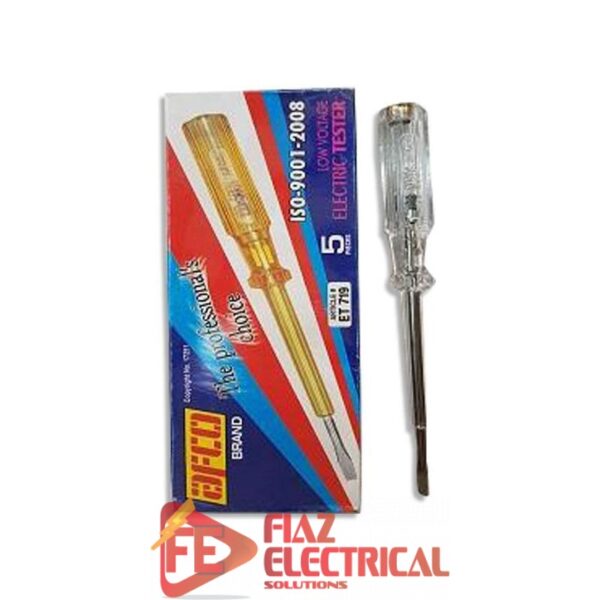
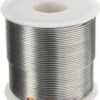
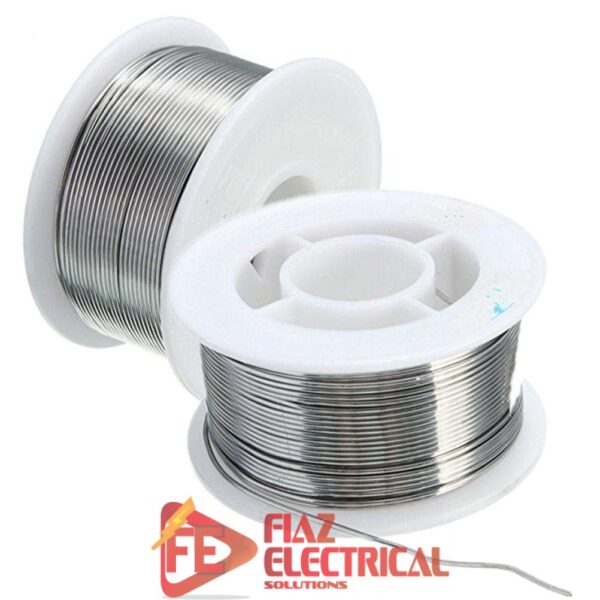

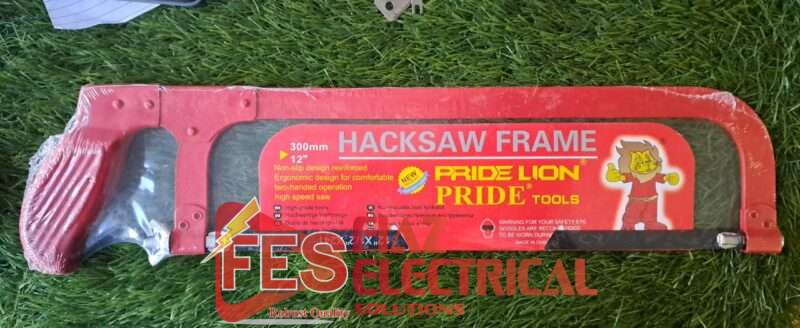

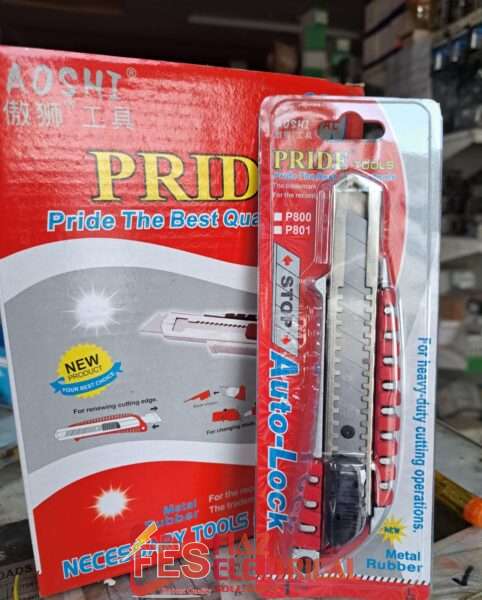
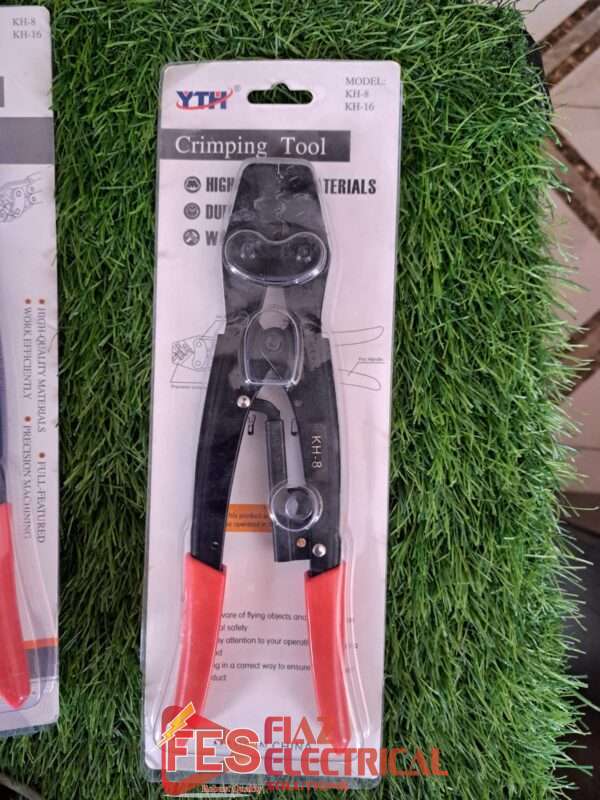


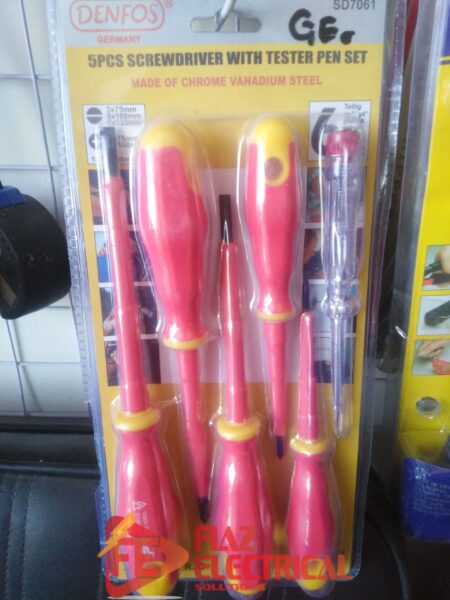
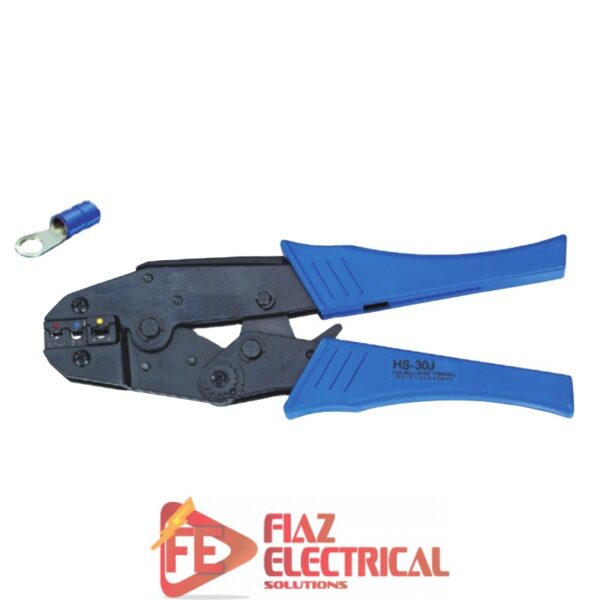
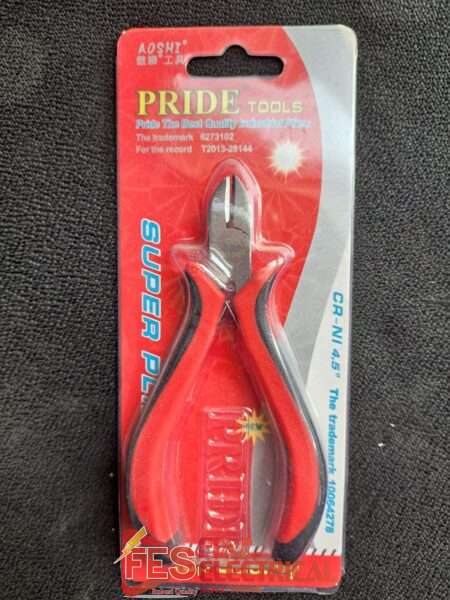
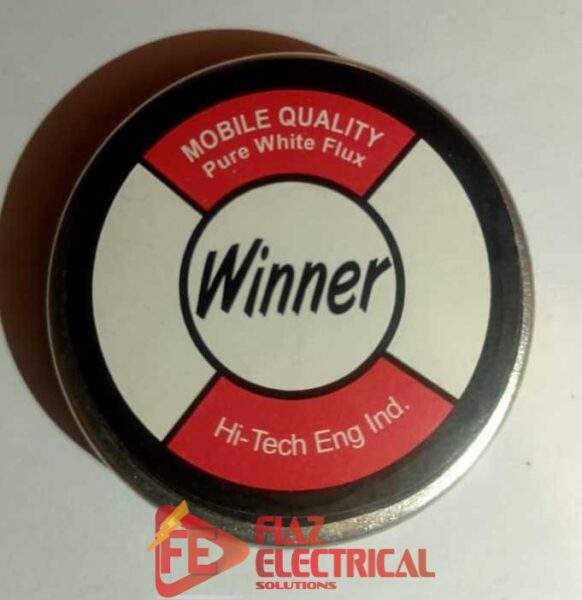
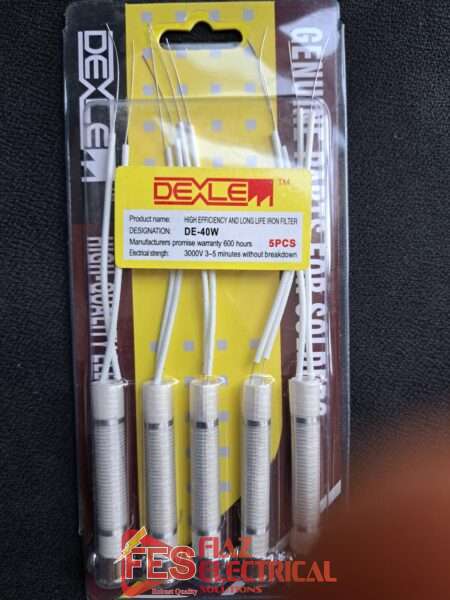
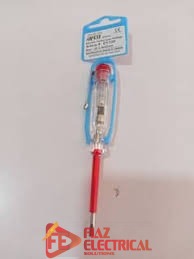
Reviews
There are no reviews yet.